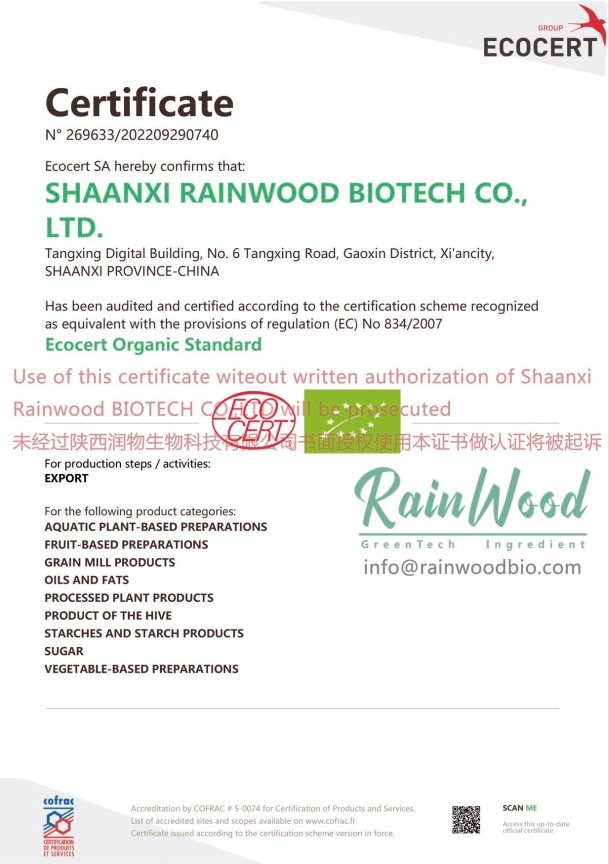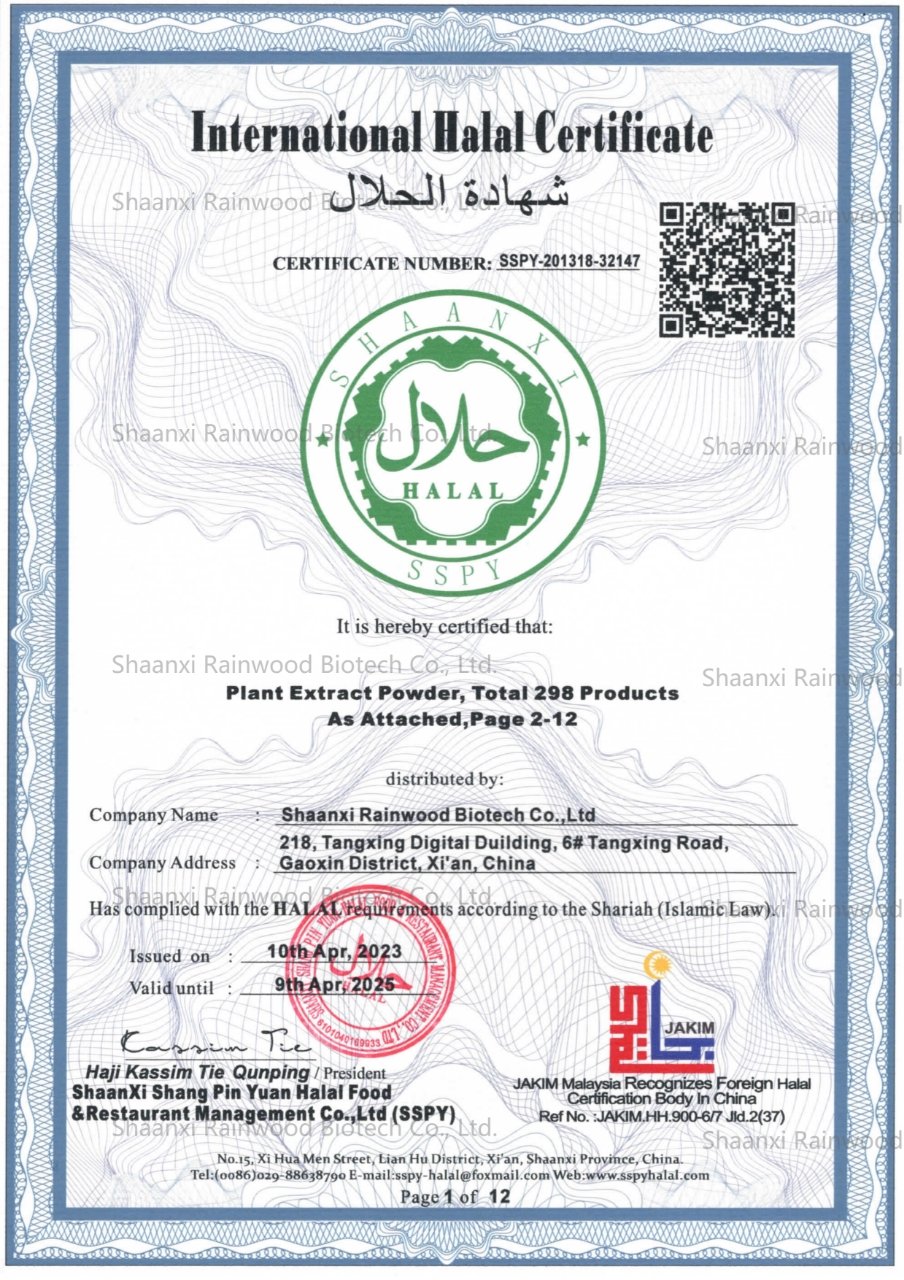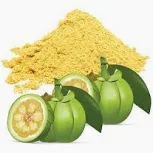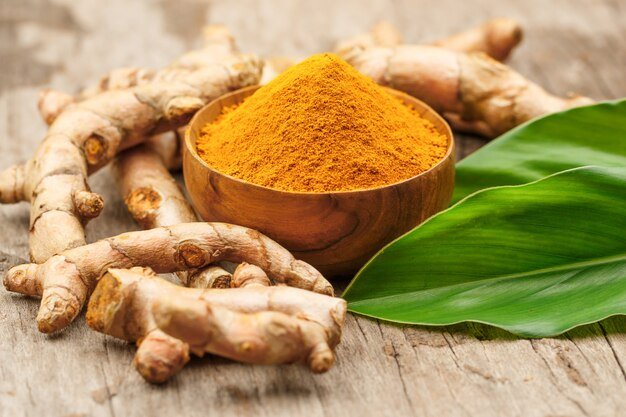Acacia Fiber vs. Inulin: A Comparative Analysis
In the realm of dietary fiber supplements, the comparison between acacia fiber and inulin reveals distinct advantages for each. While inulin-enriched supplements showcase benefits in enhancing intestinal immunity, acacia fiber supplements excel in fostering robust prebiotic activity, potentially leading to increased mineral absorption.

Choosing Between Acacia Fiber and Inulin
Both fiber-enriched supplements, as studied, demonstrate potential benefits to gut health but through different mechanisms. Inulin-enriched supplements focus on enhancing intestinal immune functions, whereas acacia fiber supplements stand out for their superior prebiotic activity, possibly contributing to enhanced mineral absorption.
Exploring the Impact of Acacia Fiber on Candida
Acacia fiber emerges as a valuable source of dietary fiber, particularly notable for its contribution to prebiotic activity. In contrast, inulin, mainly composed of fructans, serves as a storage carbohydrate for plants, aiding in energy preservation during challenging conditions. Common inulin sources include asparagus, chicory, onion, garlic, and wheat. Extracted from chicory root, supplemental inulin is often incorporated into products like Kind bars.
Acacia Fiber vs. Psyllium: A Comparative Analysis
The dietary fiber landscape encompasses acacia and psyllium, both promoted for various health purposes. Psyllium, recognized for relieving constipation, finds a counterpart in acacia, which proves effective for the same purpose. As soluble fibers, both offer potential benefits in promoting healthy weight, with psyllium specifically aiding in lowering cholesterol levels. Consulting a healthcare professional is advisable for any potential side effects associated with these supplements.
Understanding Soluble Fiber
Soluble fiber, present in foods like oat bran, legumes, and specific fruits and vegetables, plays a pivotal role in digestive health. Acacia and psyllium, derived from plants and commonly available as powdered dietary supplements, leverage their soluble fiber nature to form a gel-like substance, promoting digestive well-being.
Effectiveness in Alleviating Constipation
Scientific findings from a 2012 study published in the “Journal of Pediatrics” indicate that both acacia and psyllium are equally effective in relieving constipation, a condition marked by infrequent bowel movements. The study focused on children with chronic functional constipation.
Promoting Healthy Weight with Acacia and Psyllium
Research published in the “Nutrition Journal” (2012) highlights the significant reduction in body fat percentage and BMI in healthy women with acacia supplementation. Similarly, a study in the “European Journal of Clinical Nutrition” (2009) reports the positive impact of psyllium in reducing BMI, fasting blood sugar, waist circumference, and triglycerides in individuals with Type 2 diabetes.
Dietary Fiber Recommendations and Inulin Insights
Harvard School of Public Health recommends obtaining fiber benefits through a diet rich in natural sources, emphasizing at least 20 grams from food rather than supplements. Inulin, classified as a soluble fiber, undergoes limited digestion until reaching the colon, where bacteria metabolize it, potentially causing gas. Foods rich in inulin should be consumed moderately, and soluble fibers like inulin may contribute to lowering blood cholesterol and glucose levels.
This comprehensive overview underscores the diverse benefits of acacia fiber and inulin, providing insights into their unique attributes and potential contributions to digestive and overall health.
References:
https://www.ncbi.nlm.nih.gov/pmc/articles/PMC7468733/
https://www.livestrong.com/article/283152-acacia-fiber-vs-psyllium/
https://en.wikipedia.org/wiki/Inulin



















